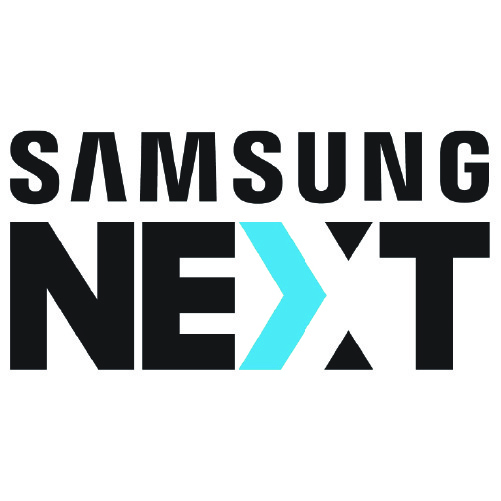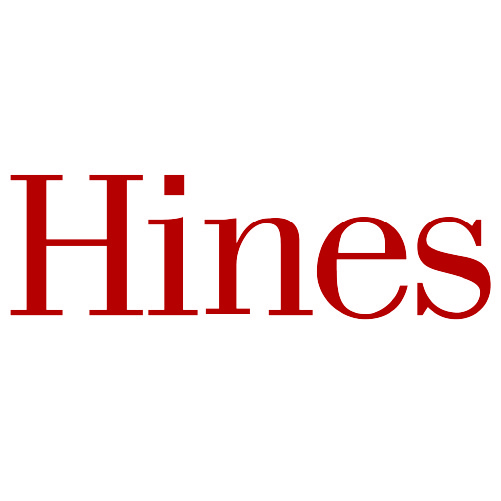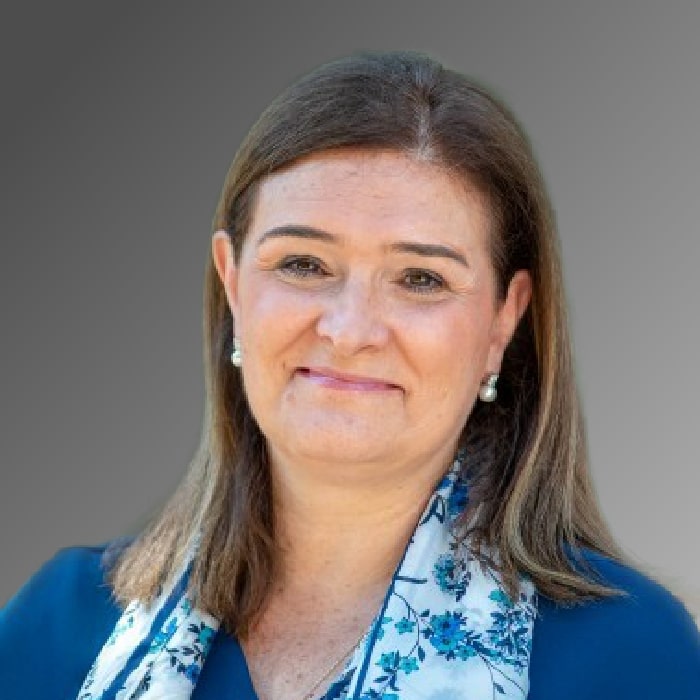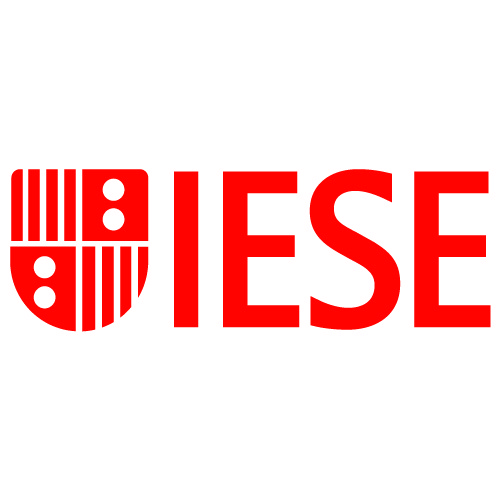Wishlist to Wins: Empowering Founders with a Proactive Platform Team
Interviewed by Nicolas Sauvage on September 30th, 2024
In today’s venture capital landscape, platform teams play an increasingly vital role by providing portfolio companies with strategic support, resources, and connections to help them scale and succeed beyond just financial investment.
Founders are no longer just looking for capital – they want partners who can provide support beyond the check. The question they’re now asking is: “Great, you deploy capital, but what else?” Galina Ozgur, Vice President of Platform at H/L Ventures, recently sat down with Nicolas Sauvage on Corporate Venturing Insider to discuss how her firm’s platform strategy is redefining what it means to be a proactive partner to entrepreneurs.
Founded in 2009, H/L Ventures is known for investing at the nexus of impact, diversity, and growth, making a positive difference in society and the environment. As a generalist investor, the firm backs companies across various sectors and regions in the U.S., with a particular emphasis on deeply engaging with portfolio companies. What truly sets H/L Ventures apart is its holistic platform approach, which offers entrepreneurs access to an extensive network of mentors, advisors, and potential partners to propel their growth.
Early Career and the Importance of Community
Galina’s venture capital journey began in 2011, when she moved to New York City. Armed with determination and a strong knack for networking, she secured a role at the Entrepreneurs Roundtable Accelerator (ERA). Eager to build a new community after leaving friends and family behind twice before, she recognized the importance of a strong support system—a need that many entrepreneurs, particularly those from underrepresented backgrounds, often lack.
She observed that traditional pathways to capital weren’t designed with these founders in mind. Entrepreneurs needed more than just funding; they needed a dedicated “tribe” of advisors, mentors, and peers to help guide them through the often daunting journey of building a company. Her experiences at ERA, she says, “put a fire in [her] belly” to become a critical part of that support system.
Over-Resourcing Entrepreneurs for Success
Entrepreneurs, especially those from diverse backgrounds, are often under-resourced in their early stages. Galina believes it should be the opposite—founders need to be over-resourced and armed with more tools than they think they’ll ever need because the path to building a successful company is anything but straightforward.
According to Galina, it all begins with understanding the unique needs of each entrepreneur. “It’s not about offering a collection of logos from companies that might be helpful,” she explains. “It’s about building true knowledge around who can be most helpful, at what times, and to which company.” The key lies in the platform team’s ability to diagnose these needs accurately and then match the right resources accordingly.
Building a Platform Team: Avoiding a Weak Foundation
The concept of a platform team is meant to provide founders with post-investment support beyond just capital. These teams are intended to act as the voice of the portfolio, facilitating connections, translating portfolio needs to fund management, and relaying expert guidance on daily operations. However, Galina expresses frustration at how frequently leadership teams overlook the foundational requirements for platform success.
Galian likens it to constructing a house without a proper foundation. While leadership often acknowledges the need for a platform function, they sometimes fail to establish clear goals, objectives, and key performance indicators (KPIs) for the team. This lack of direction creates confusion and makes it difficult for platform team members to understand their roles, prioritize tasks, and measure their impact effectively.
Even when strategies are in place, there’s sometimes insufficient support and resources allocated to platform teams. Constraints such as limited budgets, understaffing, and restricted access to information and decision-making processes can cripple the effectiveness of these teams. The issue is exacerbated when firms adopt a siloed approach, isolating platform teams to post-investment roles and restricting their involvement during the due diligence phase.
“If you're siloed away from that entire thing, what happens is the portfolio company is dropped into your lap post investment you know nothing about,” Galina explains.“Neither is it fair, nor is it strategic.” When siloed, they lack critical insights into prospective portfolio companies, which results in a misalignment of post-investment support. This not only hinders collaboration but can also lead to inefficiencies and missed opportunities.
Supporting Platform Teams: The H/L Ventures Approach
Galina has found her experience at H/L Ventures exceptionally positive, drawn to the firm’s clear platform strategy and the strong architecture that supports its execution. One example is H/L’s unique “Wishlist Call”—a conversation that flips the script on traditional due diligence.
Prior to finalizing an investment, the platform team at H/L Ventures engages in a Wishlist Call with the prospective entrepreneurs. Rather than scrutinizing the startup’s viability, they ask founders what specific value-adds they’re looking for from their investors. By diagnosing pain points upfront, the platform team can develop a highly tailored support plan for the crucial first 30 days post-investment.
Additionally, H/L Ventures holds a weekly standing call between platform teams and entrepreneurs to track progress and ensure accountability. Every interaction is documented to guarantee follow-through, which often results in multiple workflows being established from these conversations. This consistent engagement has led to numerous wins for the firm’s portfolio companies.
Setting Expectations and Measuring Platform Success
The success of such a proactive platform approach raises a crucial question: what are the right metrics to gauge the effectiveness of platform teams? Galina believes the best measure of platform performance is Net Promoter Score (NPS), a qualitative indicator of how likely an entrepreneur is to recommend the firm to another founder. It’s a direct measure of “how happy is the community with your effort,” she explains. (For further reading on NPS and VCs, see HBR article “Why VCs Should Use Net Promoter Scores with Founders”).
At H/L Ventures, they couple NPS with additional satisfaction surveys to uncover any hidden needs or breakthroughs that might have gone unnoticed. These surveys offer deeper insights into how effectively the platform team is addressing business needs, compared to more quantitative metrics like the number of introductions made. By focusing on NPS and satisfaction surveys, H/L Ventures can ensure that their platform efforts are translating into real value for their entrepreneurs.
Looking Forward: The Future of Platform Teams
H/L Ventures continues to focus on investing in ventures that deliver positive social or environmental impact, with a strong preference for diversely founded teams. The firm invests across various stages—from idea to seed to Series A and B—and sectors. Galina hopes that the success of H/L’s platform model will inspire more platform professionals to join the venture ecosystem.
She remains excited about the opportunity to support entrepreneurs through the entire lifecycle of their companies, from inception to scaling and beyond. Her ultimate goal is to maximize the impact of innovative ideas, particularly those championed by underrepresented founders. With a robust platform in place, H/L Ventures is well-positioned to foster the success of a diverse set of entrepreneurs and the innovations they bring.

 Entrepreneurs, much like newcomers to a city or country, need a supportive network or "tribe" to thrive. This includes their mentors, investors, and other advisors in their network.
Entrepreneurs, much like newcomers to a city or country, need a supportive network or "tribe" to thrive. This includes their mentors, investors, and other advisors in their network. 


















